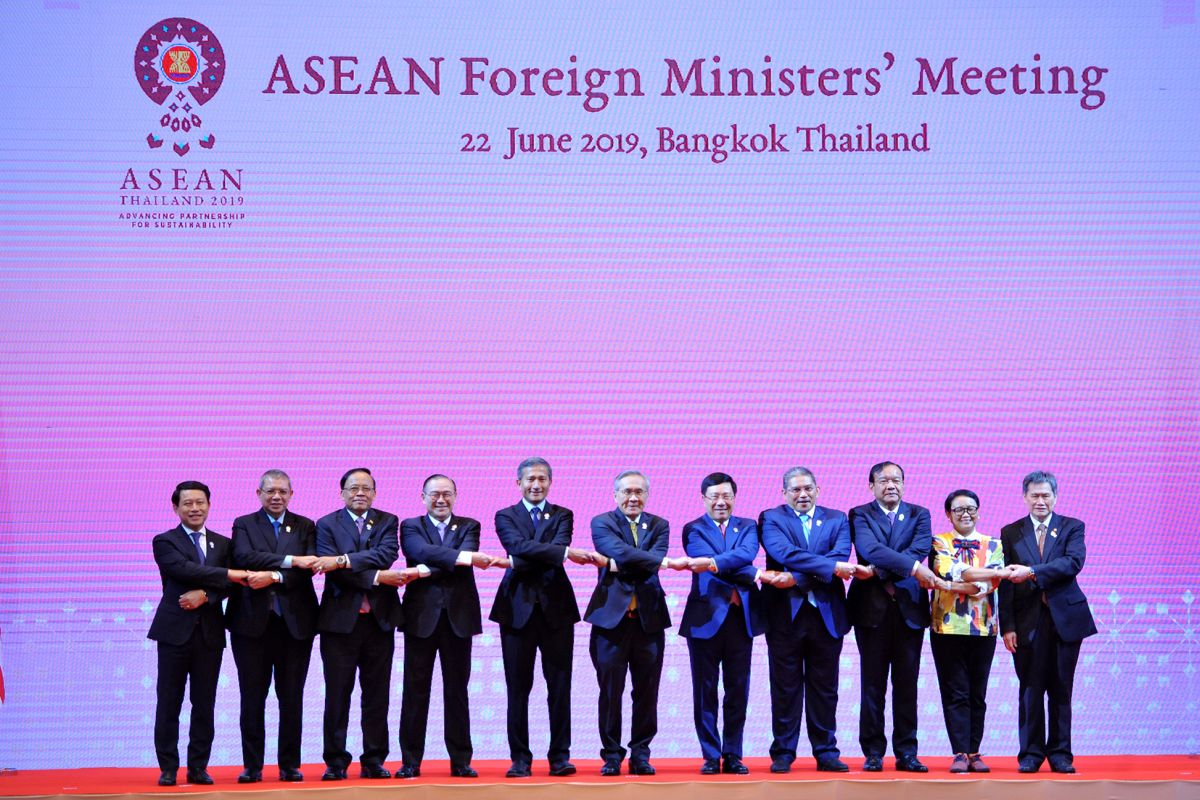The Association of Southeast Asian Nations (ASEAN) and its allies kicked-off the annual summit of their block on Saturday.
The leaders of the 10 ASEAN member nations – Myanmar, Brunei, Cambodia, Philippines, Indonesia, Laos, Malaysia, Singapore, Thailand and Vietnam – will hold a plenary session in the afternoon to officially start the summit, Efe news reported.
Advertisement
Leaders are hoping for a breakthrough in RCEP talks at this weekend’s meeting of the ASEAN after seven years of negotiations over the deal, which would comprise 30 per cent of global commerce and half the world’s population if signed.
“They will try to get enough together so they can sign something,” even if it is not a final deal, said Juan Sebastian Cortes-Sanchez, a Singapore-based policy analyst at the Asian Trade Centre.
But members risk losing steam after dozens of rounds of negotiations and several missed deadlines to sign the pact.
Earlier on Friday, Commerce ministers met after an hours-long negotiation session to hammer out sticking points, as India digs in over concerns its market will be flooded with cheap made-in-China goods.
At the beginning of the meeting, Thai commerce minister Jurin Laksanawisit said, “There is one last step that every country has to find the solution to”.
Chinese premier Li Keqiang will attend the three-day summit in Bangkok – officially kicking off Saturday amid a backdrop of heavy security – where simmering tensions in the South China Sea will also top the agenda.
The negotiations for the Regional Comprehensive Economic Partnership (RCEP), as this pact between 16 countries from the Asia and Oceania region is called, could conclude in the summit in Bangkok.
The RCEP, which, besides China, also includes India, Australia, China, South Korea, Japan, New Zealand and the 10 ASEAN members, emerged as Beijing’s answer to the Trans-Pacific Partnership (TPP) agreement that Washington had been pushing for over the last decade before Trump took office.
ASEAN, founded in 1967, accounts for a population of 647 million which aims to raise its combined GDP to $4.7 trillion by 2025 and become the world’s fourth-largest economic power.
(With inputs from agencies)











